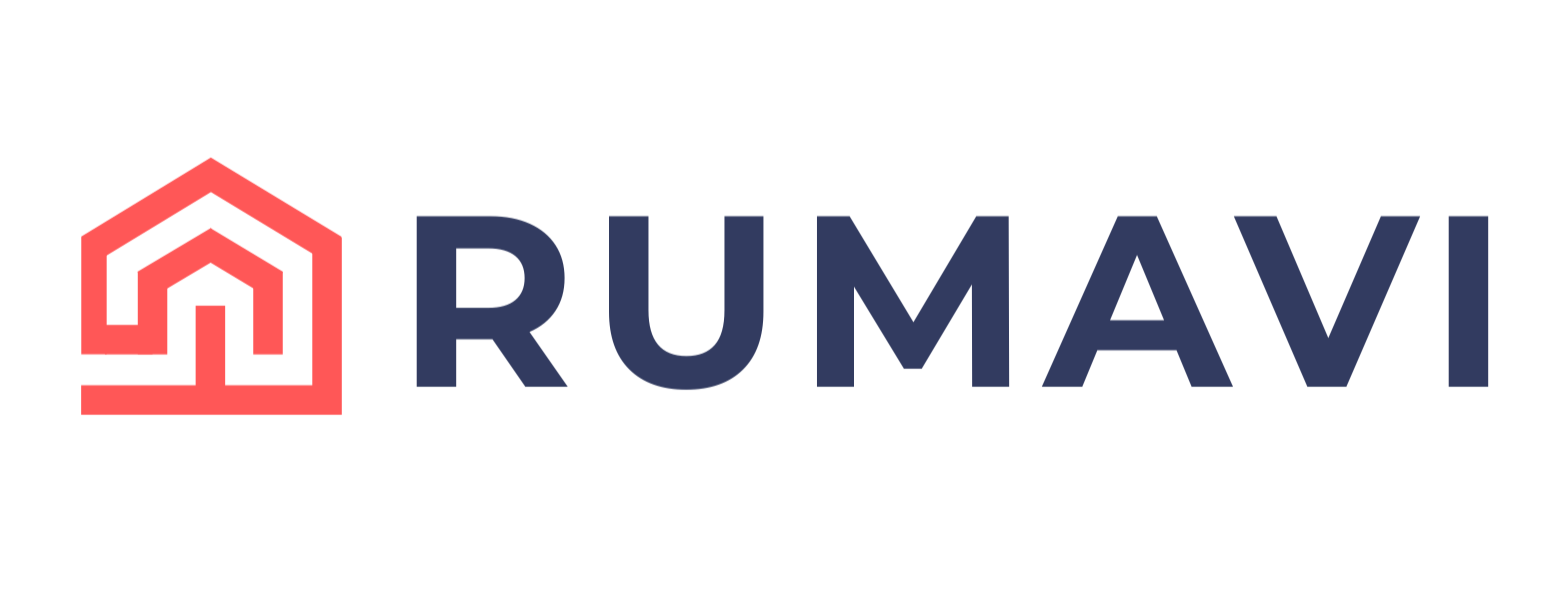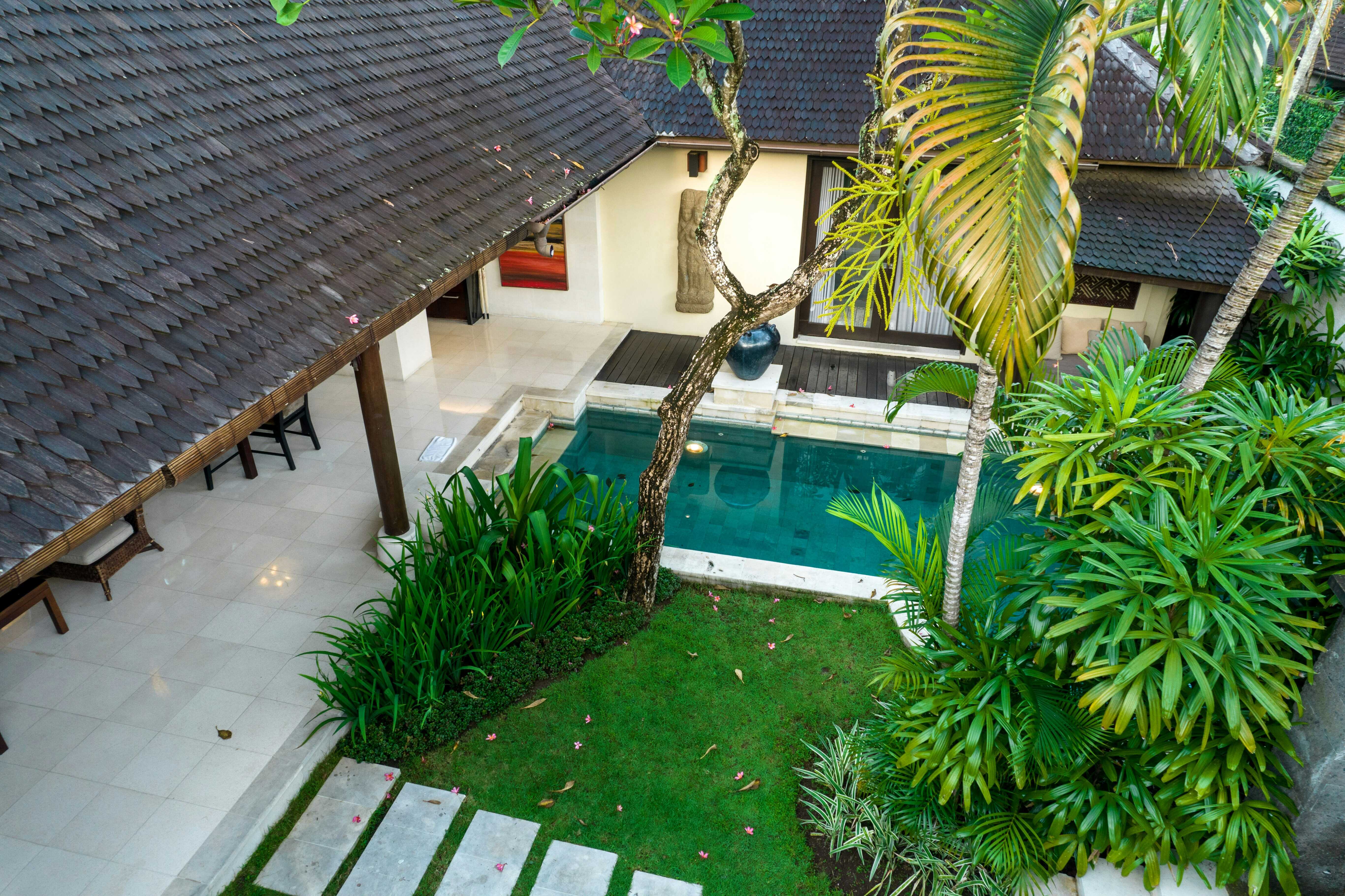Indonesia's property market—particularly in paradise spots like Bali and Lombok—has been pulling in international buyers for years. And it's easy to see why: tropical weather, booming tourism, and solid growth potential. But here's the thing: buying property in Indonesia as a foreigner isn't as straightforward as it might be back home. The country has strict rules about foreign ownership, and if you don't understand the difference between freehold and leasehold, you could end up in hot water.
Let's break down everything you need to know—from the legal framework to practical buying strategies.
Why Indonesia Restricts Foreign Property Ownership
Indonesia's property laws go back to the Basic Agrarian Law of 1960. The core principle? Land belongs to Indonesian citizens. This isn't just nationalist sentiment—it's a calculated policy to protect national resources and prevent large-scale foreign land acquisition.
For decades, foreigners have tried to work around these restrictions, often through "nominee agreements" where an Indonesian citizen holds land on behalf of a foreign buyer. But here's the reality: the Indonesian Supreme Court has made it crystal clear that these nominee structures are illegal and unenforceable.
If your nominee decides not to honor the agreement, you have zero legal recourse.
Over time, the government has opened up legitimate pathways like Hak Pakai (Right to Use) and Hak Guna Bangunan (Right to Build). These remain your best—and only legal—options for property investment.
Freehold (Hak Milik): The Gold Standard You (Probably) Can't Get Unless You're an Indonesian Citizen
In Indonesia, "freehold" means Sertifikat Hak Milik (SHM)—a permanent, inheritable land title with no expiration. It's the most complete form of ownership you can get. The catch? It's reserved exclusively for Indonesian citizens and certain Indonesian entities. As a foreigner, freehold is off the table.
Leasehold (Hak Sewa): The Flexible Option
Many foreigners in Bali, Lombok (and the rest of Indonenesia of course), secure property through long-term leasehold agreements called Hak Sewa (Sewa = Rent in Bahasa Indonesia) rather than trying to own outright.
How it works: You rent the land or villa for an extended period—typically 25 to 30 years—with options to extend. You're not buying the land itself, but you get usage rights for the duration of the contract.
Key features:
- Duration: Usually 25–30 years with negotiable extensions
- Legal status: These are private contracts, not recorded at the National Land Office (BPN). Your security depends on a properly notarized deed
- Transferability: Most lease contracts let you transfer or resell the remaining term
- Cost: Generally cheaper than other ownership structures due to limited rights
Leasehold works well for lifestyle buyers who want flexibility and don't need permanent ownership. Just remember: when the lease expires, rights revert to the landowner unless you've negotiated and paid for renewal.
Hak Pakai: Your Best Bet for Residential Property
If you're serious about living in Indonesia long-term, Hak Pakai (Right to Use) is probably your best option.
The basics:
- Eligibility: You must have a valid KITAS or KITAP residency permit
- Duration: Initial 30 years, extendable by 20 years, renewable for another 30 years (80 years total)
- Purpose: Designed for residential use
- Price thresholds: Government regulations set minimum values (for example, around IDR 5 billion in Bali, though this varies by district)
- Rental rights: While primarily residential, you can rent out Hak Pakai properties legally, as long as the use remains residential
Hak Pakai gives you quasi-ownership rights with security almost equivalent to freehold—as long as you maintain your residency status.
PT PMA & Hak Guna Bangunan (HGB): Commercial Route
For investment or business purposes, foreigners often establish a PT PMA (foreign-owned company). Through a PT PMA, you can hold Hak Guna Bangunan (Right to Build) titles.
The details:
- Duration: 30 years, extendable for 20 + renewable for 30 years (80 years total)
- Allowed uses: Development, legal rentals, tourism businesses
- Advantages: PT PMA-owned assets can be financed, rented legally, and sold later (even converted back to Hak Milik if sold to an Indonesian)
- Challenges: Higher setup costs, ongoing corporate reporting, and investment thresholds (typically around IDR 10 billion)
This path makes sense for serious investors building villas, hotels, or mixed-use projects.
Real-World Example
Leasehold Villa in Canggu: A foreign buyer leased a villa for 30 years at USD 350,000. With rental income averaging 8% annually, the investment stayed attractive—but resale value starts dropping after year 15 unless the lease is renewed.
PT PMA in Lombok: An Australian investor set up a PT PMA to develop boutique villas near Mandalika. By securing HGB titles, he could legally rent to tourists and eventually resell the project. Setup costs were higher, but legal compliance gave him long-term security.
Financial Considerations
Rental Yields: Well-managed Bali villas can generate 8–12% net yields annually
Lease Extensions: Renewal costs vary—typically 20–40% of current land market value
Resale Market: Leasehold properties lose value as lease years decrease. Many investors exit around the 10–15 year mark
Financing: Indonesian banks rarely finance foreigners. Most purchases are cash or through private loans
Bali vs. Lombok: Market Trends
Bali: Leasehold dominates, especially in Canggu, Ubud, and Seminyak. Some leases are now priced so high that the gap with freehold has narrowed—requiring careful ROI calculations.
Lombok: With government-backed tourism projects like Mandalika, Lombok is emerging as a lower-cost alternative. Foreigners typically use leases or PT PMAs. Always verify titles carefully, as customary land (adat) can complicate ownership.
Both markets benefit from strong tourism demand, but Bali is mature while Lombok is still in early-growth mode.
How Indonesia Compares Regionally
- Thailand: No foreign freehold land ownership; 30-year renewable leases are common. BUT Foreigners can own up to 49% of condo buildings freehold
- Vietnam: Foreigners hold property under 50-year renewable leases ONLY.
- Malaysia and Singapore: Broader foreign rights, but with restrictions (minimum price thresholds in Malaysia; landed house restrictions in Singapore). Note that Singapore has up to 60% additional stamp duty for non-Singaporean/non-PRs.
- Compared to these countries, Indonesia's 80-year Hak Pakai/HGB structure is relatively generous for long-term control—even if full freehold isn't possible.
Pros & Cons for Foreign Buyers
Pros:
- Long-term rights (up to 80 years)
- Growing tourism market
- Lower entry costs than many Western countries
- Multiple legal structures to choose from
Cons:
- No true freehold ownership for foreigners
- Complex legal requirements
- Residency permit obligations
- Higher renewal costs for leasehold
Key Risks & How to Avoid Them
- Nominee schemes: Illegal and risky. Don't do it.
- Unclear titles: Always verify land certificates at the BPN
- Overpriced leases: Calculate ROI carefully—not all "cheap" leases are good deals
- Permit compliance: Ensure zoning, IMB/PBG building permits, and business licenses are valid
Due Diligence Tips
- Hire a licensed notary (PPAT) and property lawyer.
- Verify the seller truly holds the title.
- Check for unpaid taxes or disputes.
- Confirm extension rights in lease agreements.
- Understand your visa/residency obligations if using Hak Pakai.
FAQs
Q: Can foreigners inherit property? A: Yes, but only if structured under Hak Pakai or PT PMA. Hak Milik cannot be inherited by foreigners.
Q: Can I sublease a leasehold villa? A: Only if expressly allowed in your contract.
Q: Is buying through an Indonesian spouse possible? A: Yes, but ownership defaults to the spouse. Prenuptial or postnuptial agreements are essential.
Q: How long does it take to set up a PT PMA? A: Typically 2–3 months, including NIB registration.
Q: What are the most common mistakes foreigners make?
- Using illegal nominee structures
- Skipping notary due diligence
- Ignoring zoning restrictions
- Assuming lease renewals are automatic
- Failing to register contracts properly
Q: Do transactions need to be in Bahasa Indonesia? A: Yes. All official land sale and lease agreements must be in Bahasa Indonesia. Bilingual contracts are common, but the Indonesian version prevails in disputes.
Q: Are property taxes high? A: No. Annual property tax (PBB) is typically 0.1–0.3% of assessed value—relatively low. The bigger issue for foreigners is ensuring compliance with income tax and withholding tax when renting.
The Bottom Line
Foreigners can't own Hak Milik (freehold land) in Indonesia, but secure alternatives exist: leasehold contracts, Hak Pakai titles, and PT PMA with HGB. Each option has its pros, cons, and legal requirements.
By following the law, doing thorough due diligence, and working with qualified professionals, foreigners can safely invest in Bali, Lombok, and beyond—enjoying paradise while protecting their investment.














